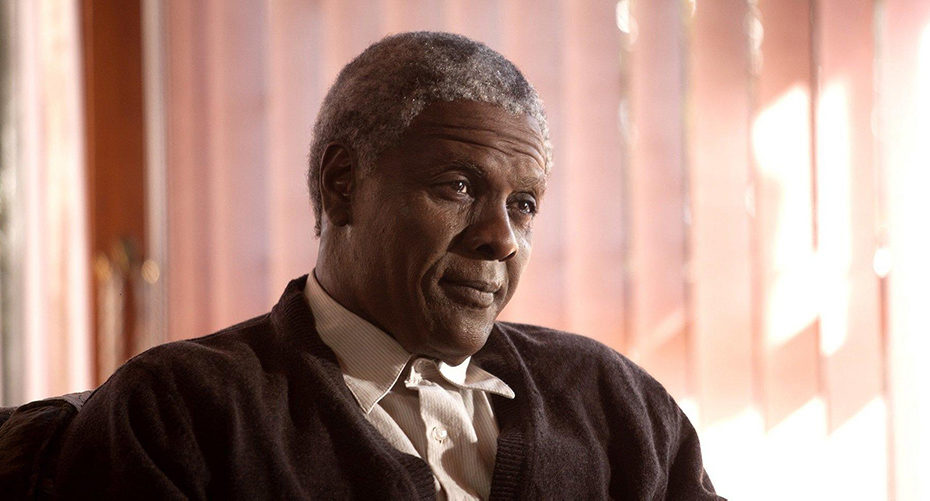In Mandela: Long Walk to Freedom, with pressure growing for his release from prison, Nelson Mandela is taken to a secret meeting with four government officials charged with finding a way out of their current political situation.
Once the introductions are over, Mandela chooses a seat and invites the others to join him.
Despite being a long-term prisoner, he effortlessly assumes the status of the most important person in this room of senior government officials – much to their surprise and chagrin.
Why?
It’s all about attaining alpha status.
As Oren Klaff describes in Pitch Anything, status plays a vital part in any social encounter. “In any meeting,” says Klaff, “a dominant member known as an alpha emerges, while others take subordinate beta-positions. It is very difficult to be persuasive from a beta-position; hence, you must grab alpha status.”
Some elements of your status – reputation or wealth, for example – are quite stable. But situational status can vary immensely.
In this situation, you would expect Mandela to be firmly cast in the beta-position: he’s outnumbered four to one, a prisoner for 25 years, and his very presence is at the discretion of the officials he’s meeting. But he refuses to accept the beta-position and calmly casts himself as the alpha instead.
He does it in other scenes too. On meeting President De Klerk for the first time, while still a prisoner, Mandela congratulates him on his election win, but then swiftly reminds De Klerk of his responsibilities. “You have been called to a very special task,” Mandela tells him, “at a very special time.”
When De Klerk outlines the elaborate plans for Mandela’s release the following day, Mandela politely refuses them. “Just open the gate,” he tells De Klerk, “and let me go.”
This is an example of what Klaff calls ‘small acts of defiance’ that can help you attain alpha status when others try to force you into beta status. Mandela has been imprisoned for 27 years: this gesture to at least set the conditions of his release helps him attain alpha status, and show he is a prisoner no longer.
Gaining alpha status is important in any situation where you need to influence others – be it pitches, meetings or presentations. So whoever you’re with, take a tip from Mandela: remember you’re their equal, and resist any attempt to cast you into beta status.





